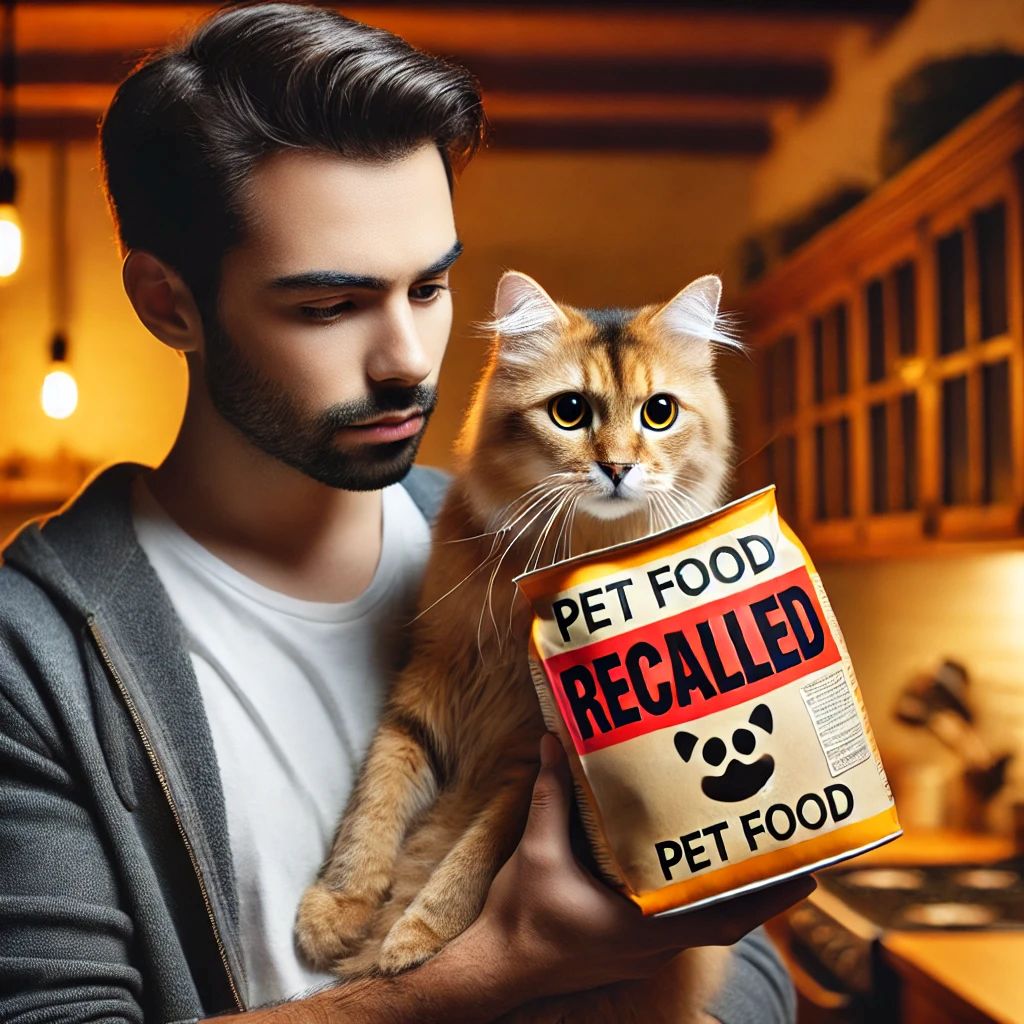Bird Flu Contamination Puts Cats at Risk

As pet owners, we do everything in our power to keep our furry companions safe, from choosing the best nutrition to scheduling regular vet checkups. But sometimes, the unexpected happens—like a major pet food recall that puts animals at serious risk.
What’s Happening?
Northwest Naturals has issued an urgent recall of its 2-pound Feline Turkey Recipe raw frozen pet food after a tragic case where an Oregon cat died from H5N1 bird flu linked to the product. The recall applies to products with “best if used by” dates between May 21 and June 23, 2026.
This recall isn’t just about spoiled food—it involves a highly contagious virus that can be deadly to cats and other animals. If you have this product in your home, stop using it immediately.
What Is H5N1 and Why Is It Dangerous?
H5N1, commonly known as avian influenza (bird flu), is a virus that primarily affects birds but can also infect mammals—including cats. It spreads through contaminated food, direct contact with infected animals, and even surfaces that carry the virus.
For cats, exposure to H5N1 can lead to severe respiratory distress, fever, loss of appetite, and, in some cases, death.
Signs Your Cat Might Be Infected
If your cat has consumed the recalled food or has been exposed to an infected animal, watch for these symptoms:
✅ Lethargy or weakness
✅ Difficulty breathing
✅ Loss of appetite
✅ Sneezing or nasal discharge
✅ Sudden neurological issues
If you notice any of these signs, contact your veterinarian immediately. Early detection and treatment can make all the difference.
What Should You Do If You Have the Recalled Product?
- Stop Feeding It – Discontinue use of the affected pet food right away.
- Dispose of It Safely – Seal the food in a plastic bag and throw it in an outdoor trash bin to prevent other animals from exposure.
- Sanitize Your Home – Clean any bowls, surfaces, or storage areas that came in contact with the food. Use a pet-safe disinfectant.
- Monitor Your Pets – Keep a close eye on your cat for any signs of illness.
- Spread the Word – Alert fellow pet owners, especially those who feed raw diets, so they can check their supplies.
Final Thoughts: Be Proactive, Stay Informed
Pet food recalls are a reminder that staying informed is key to keeping our pets safe. By spreading awareness and taking action quickly, we can protect our furry family members from unnecessary risks.
If you or someone you know has this recalled product, act now—your cat’s health depends on it.